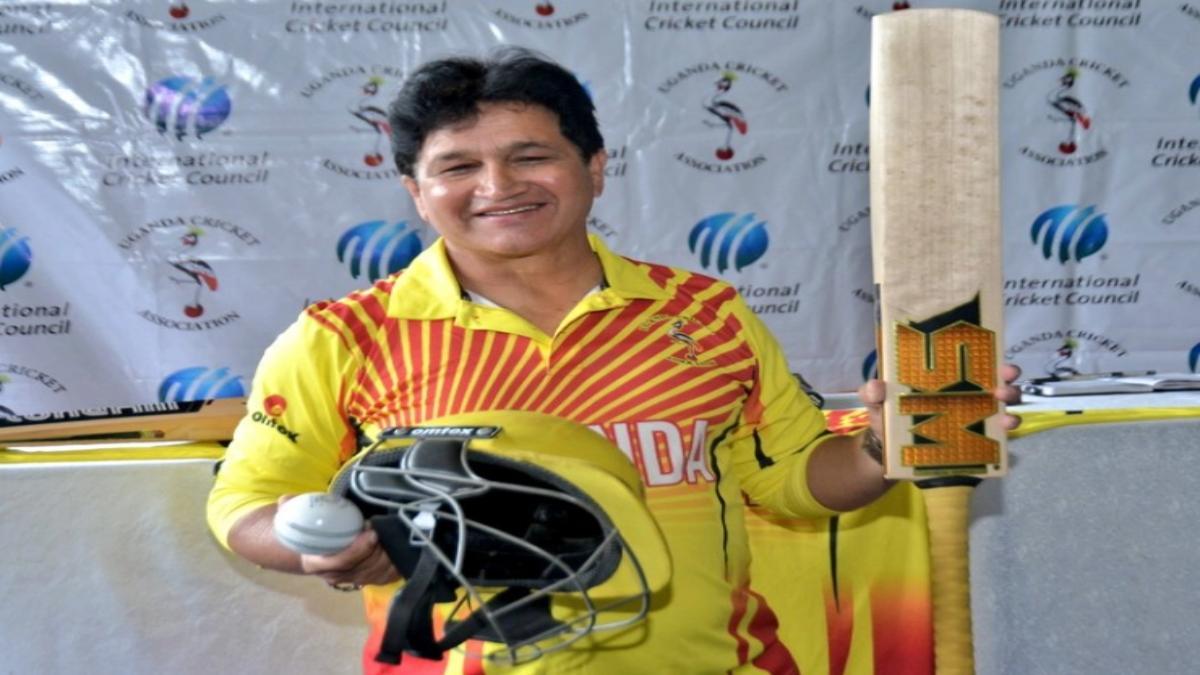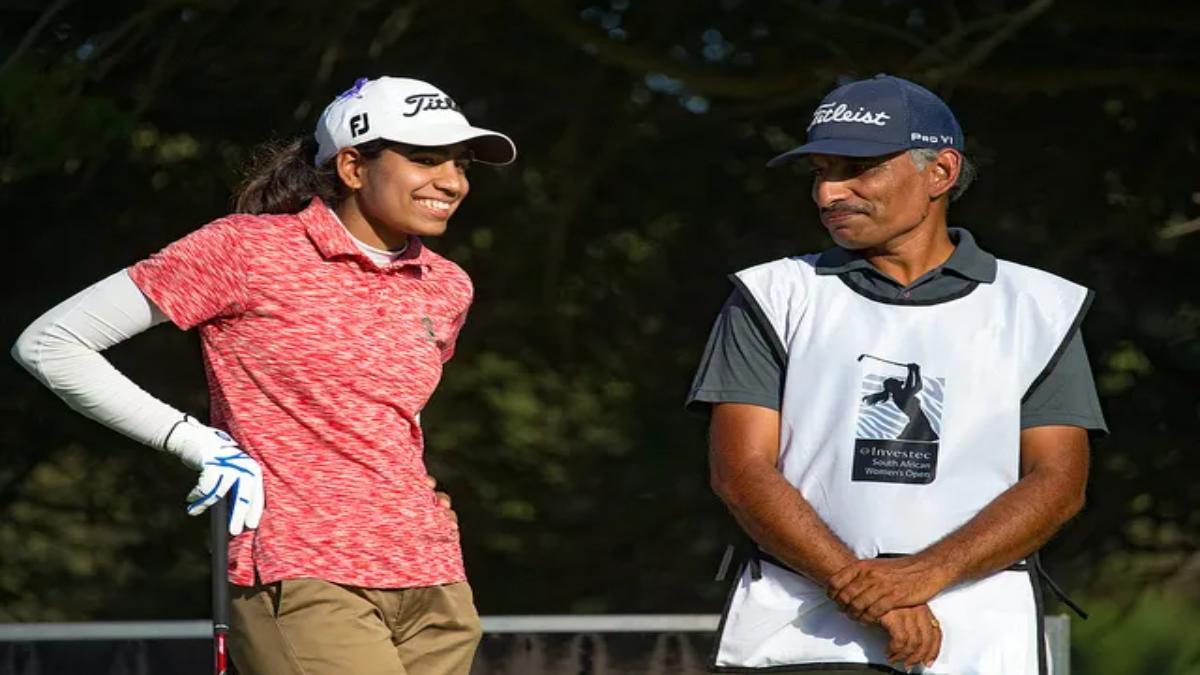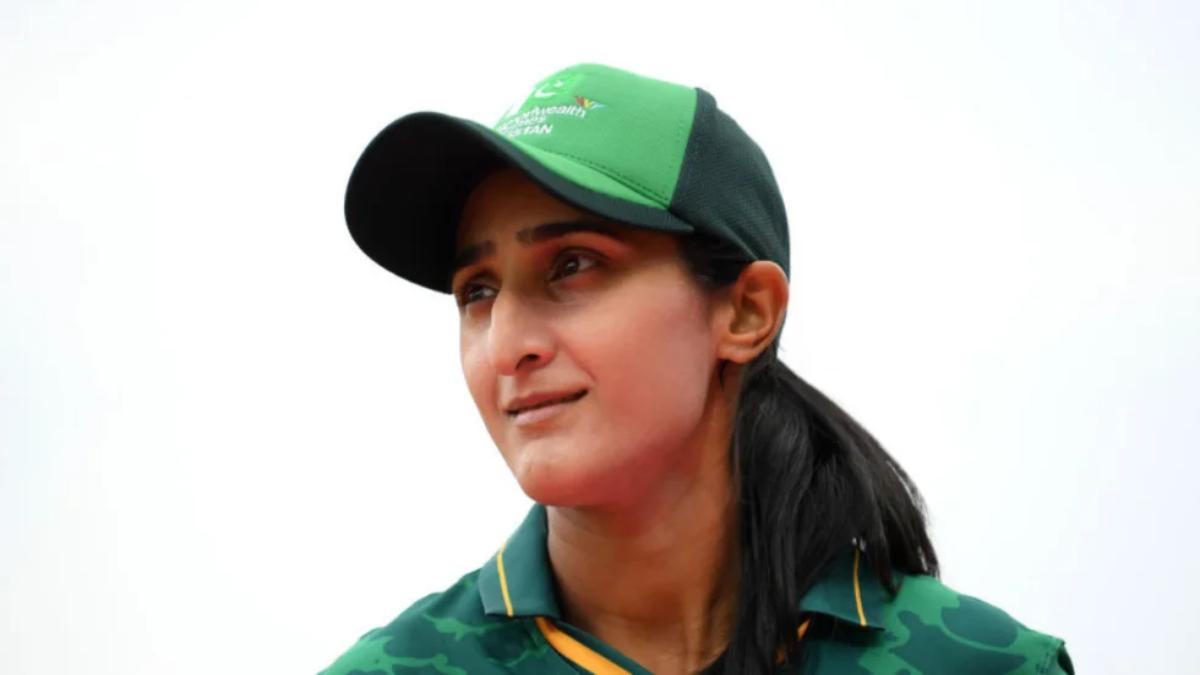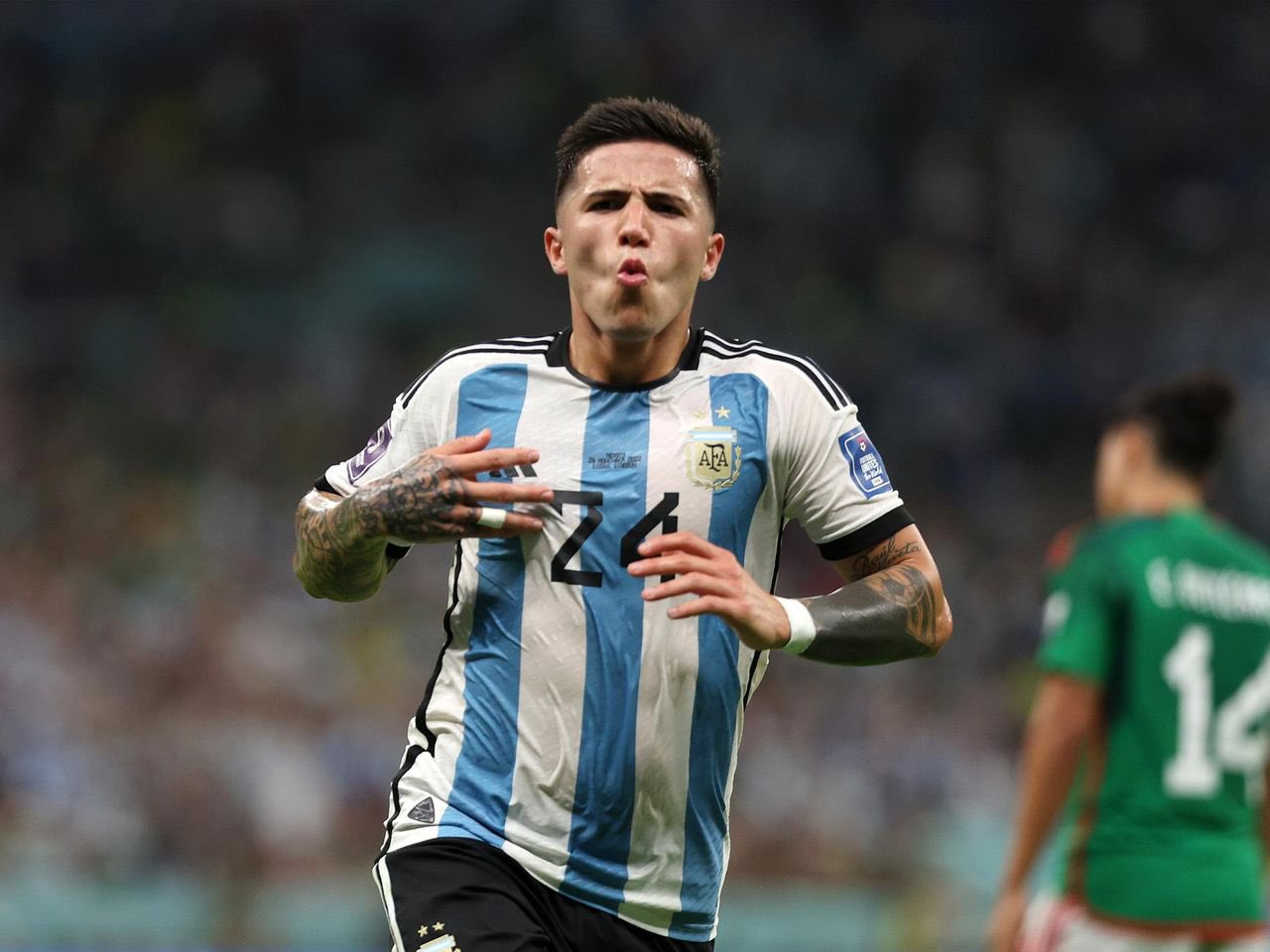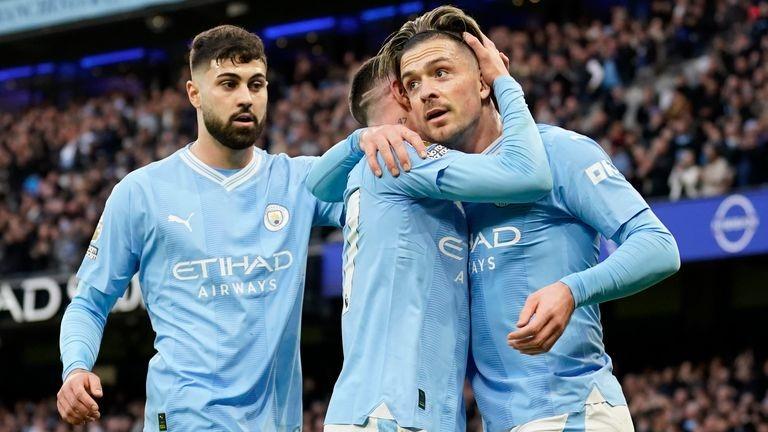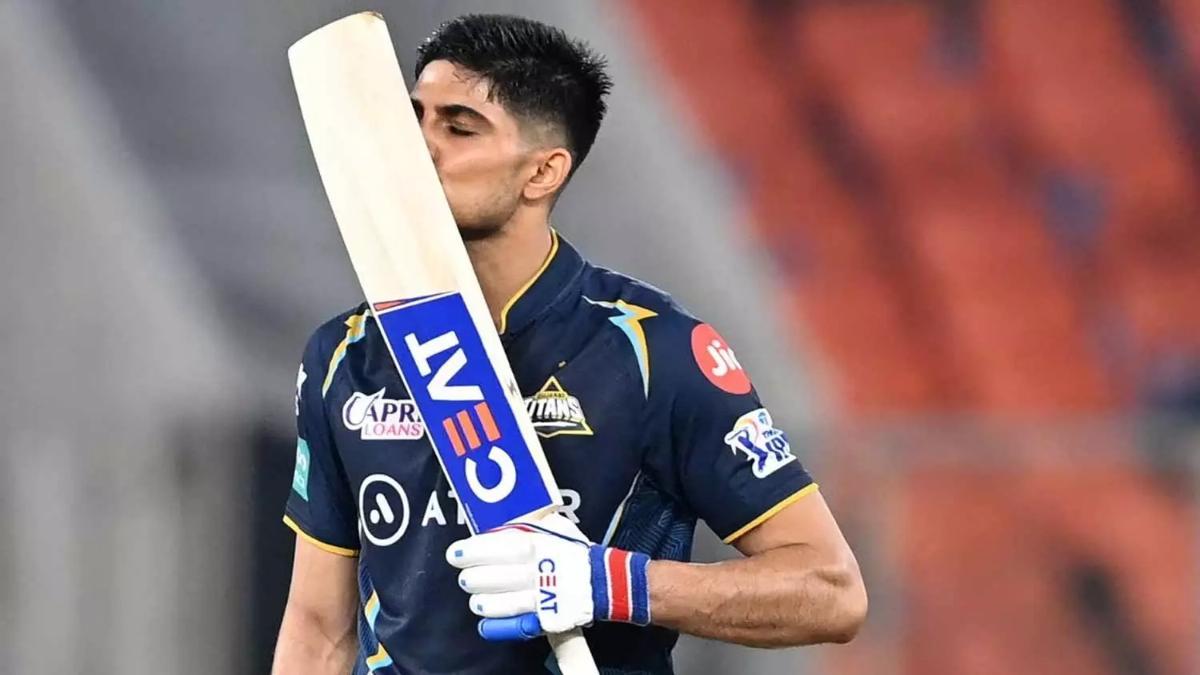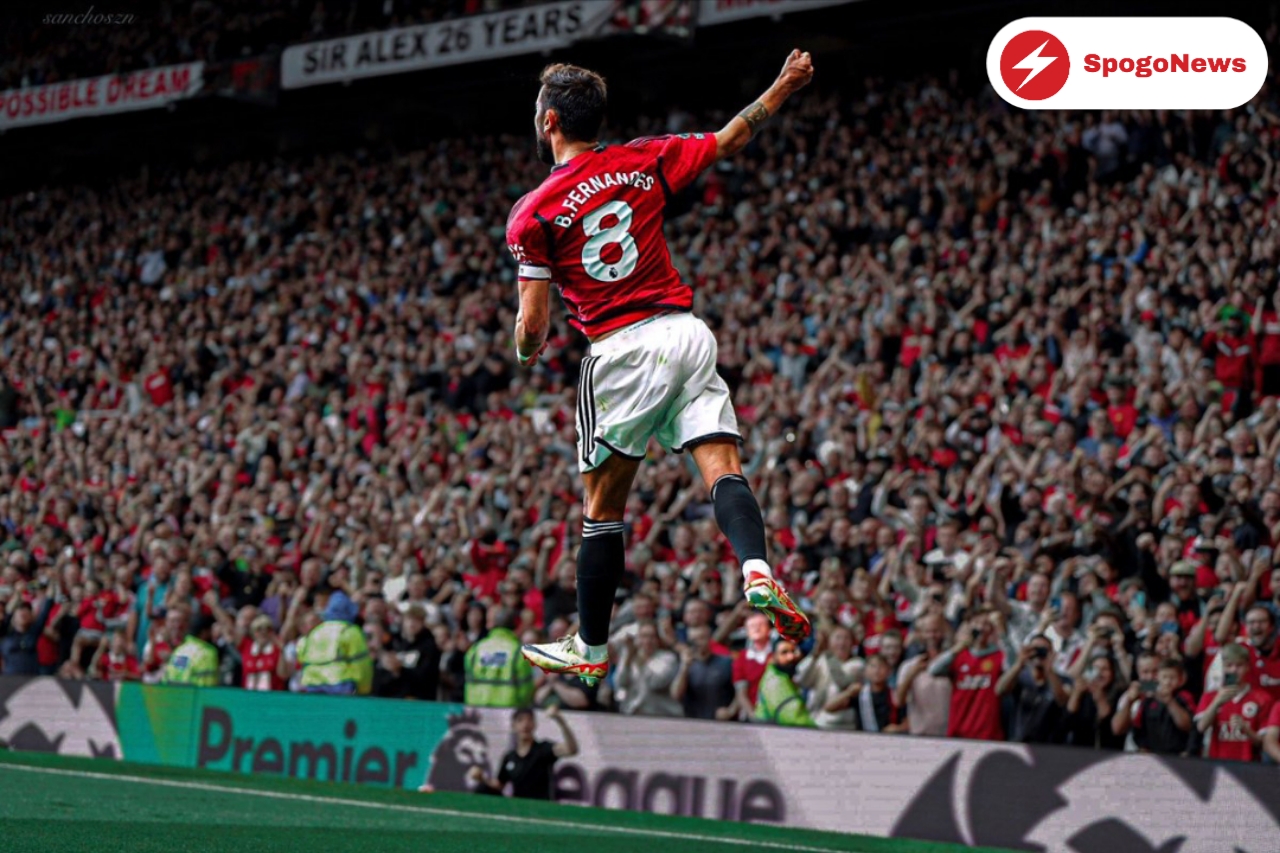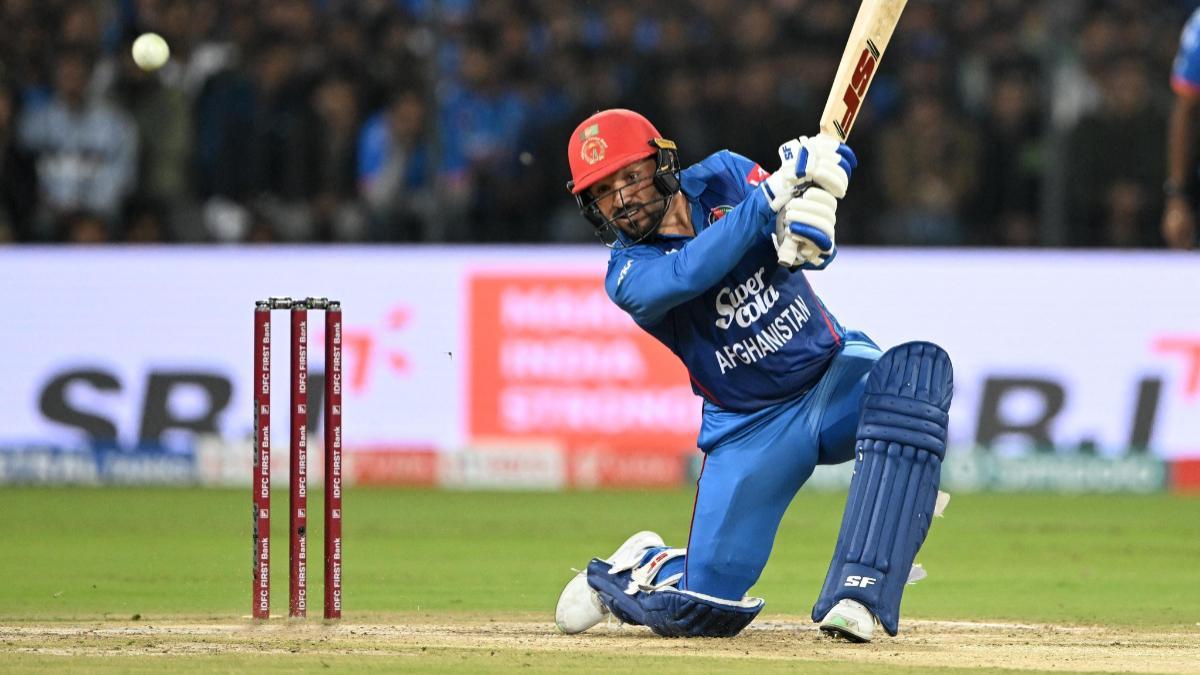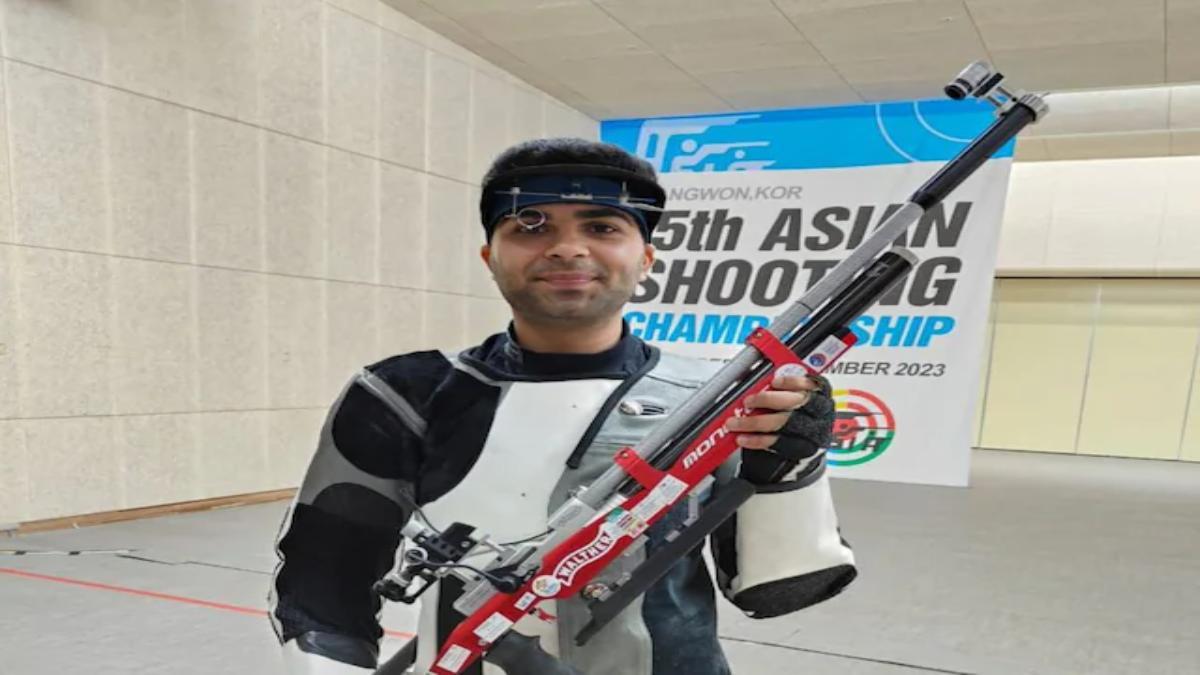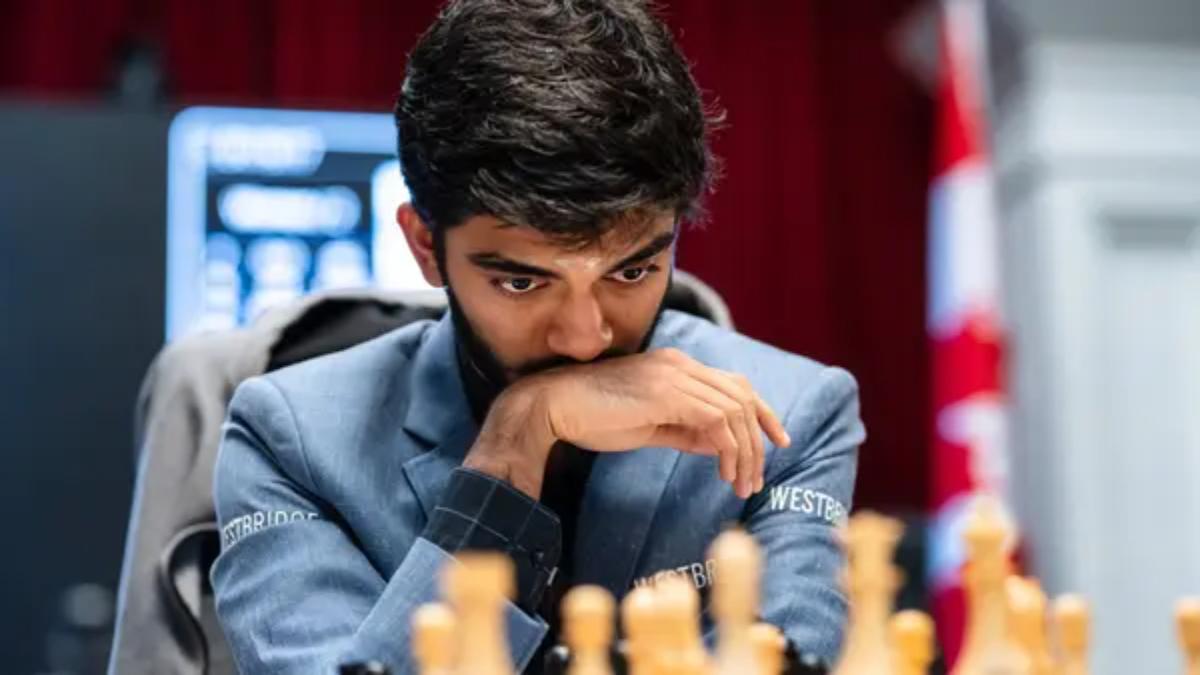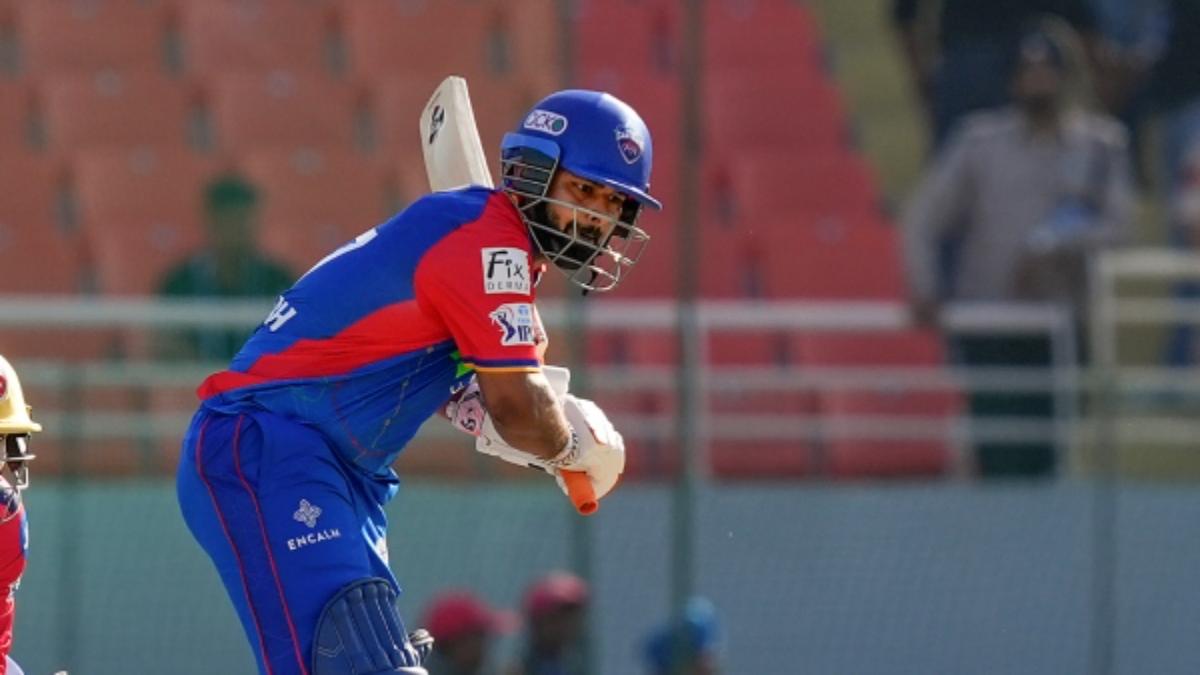Records are meant to be broken and nobody knows this better than Kareena Shankta, a young swimmer from Mumbai. She has broken the Indian National Women’s record in 100m breaststroke at the last Khelo India Games, leading to Prime Minister Narendra Modi commending her on his Republic Day Mann Ki Baat. When she’s not breaking national records, Kareena is also a talented musician who has completed grade 8 in keyboard from the Trinity College in London. She also gives back by selling her art online to raise funds to support relief efforts and Jharkhand and Bihar.
In an exclusive interview with SPOGO, Kareena Shankta spoke about her journey so far, achievements, the challenges that she has faced, her inspirations, mental health and balancing swimming with academics.
How old were you when you started swimming and what motivated you to take up the sport professionally?
I have always loved the water. Every vacation was spent on the deck of the pool or at the beach. However, I got into serious competitive swimming at the age of 12. In school, we used to have a dedicated class for swimming and my school teacher, Deepak Sir was supportive. He encouraged my parents to enroll me in a swimming class at the local club.
What are some of your achievements and what is the most memorable moment in your career so far?
One of the most memorable moments for me was during my first competitive year of swimming. I reached the Sub-Junior Nationals in 2016 and won my first National medal. It was a major accomplishment for me and I still cherish that memory. The School National Aquatic Games at Delhi in 2017, was something I keep trying to emulate. I won gold medals in all three events I participated in and bettered my individual timings. My most recent achievement was the 2020 Khelo India Games where I broke the Indian National Women’s record in the 100m breaststroke race
Who have been the most supportive figures in your journey?
Through all the ups and downs, it has been my parents who have been my pillars right through this journey. I recall during my early days of competitive swimming, I was not very good at butterfly, as I did not have the upper-body strength for it. Therefore, I decided not to practice it. However, my mother encouraged me and pushed me to face the challenge and overcome the fear, and soon I competed in the 50m Fly at the Junior-nationals. In addition, my major support is Reddy Sir. After my knee injury in 2016, I thought that I would not be able to pursue competitive swimming again. It’s only due to the constant encouragement and support from Reddy Sir that I was gradually able to get back again. I am very grateful for his training and guidance imparted during these years. I would also like to express my gratitude to my teachers of Dhirubhai Ambani International School who have constantly supported me throughout this journey.
What are the challenges that you have faced when pursuing swimming professionally? What can be done to solve it?
A big challenge was balancing academics and swimming professionally but by managing my time well and with the support of my family, I have been able to do both well. Moreover, in Mumbai, the commute to and from the pool, school and home was extremely long. My mother and I used to travel an hour and a half twice a day to get from the pool to school and back. Another challenge I faced was injuries. Proper guidance and support for young swimmers to train their bodies in and out of the pool is a prerequisite. It is very important that a lot of attention is given to doing the correct technique.

Who are the swimmers you have looked up to while growing up?
There have been several swimmers including Olympians Rebecca Soni, Michael Phelps and Ian Thorpe. I used to emulate their technique and race strategies. Richa Mishra and Veer Dhaval Khade have also been huge inspirations. I still remember the photograph I took with Veer after his race at the Glenmark Time trials in 2015 – I was a beginner then. In 2018, I was competing at the Senior Nationals with all these legends. It was an honour.
How do you deal with the stress and pressure of big tournaments?
I believe in the hard work that I have put in in my training with Reddy Sir and my dryland coach and aim to give my best at the competition. I believe in myself and thus by focusing on improving my own timings, I feel I am able to handle the pressure of competing in big tournaments. I have learnt now that the satisfaction of personal growth is much more than any medal – so I try to focus on that.
How important of a role does mental health play to be able to compete at the highest level?
When competing at the highest levels, there is very little margin for error. While hard work and strenuous training will help to achieve the desired level, it is the power of mental strength which will ensure that one delivers the desired results when it matters. Hence, it plays a very crucial role, especially when you are coming back from any injury or a failure. While there are winners and losers in any sport, what matters is how one recovers from any setback and makes use of every opportunity.
How do you balance swimming with academics as well as any other hobby that you pursue?
It is not easy to balance the extensive schedule of swimming with academics and my other hobbies. My school heads, teachers and friends have been supportive and always ready to help me with my academic curriculum. My school sports teacher, Cawas Sir has played a very crucial role in helping me boost my self-confidence. I am grateful for all the support the school has provided me in my endeavor to pursue this competitive sport.




